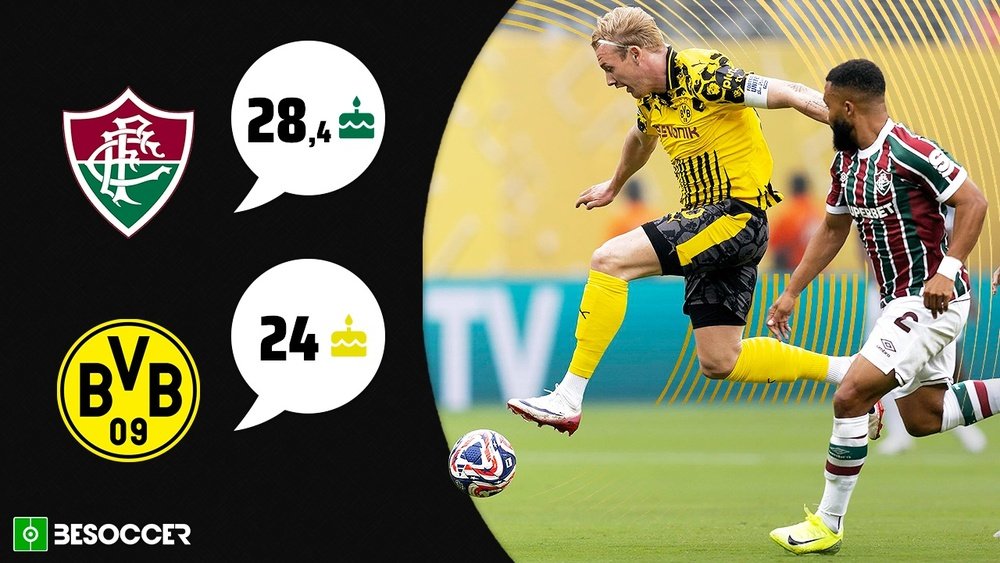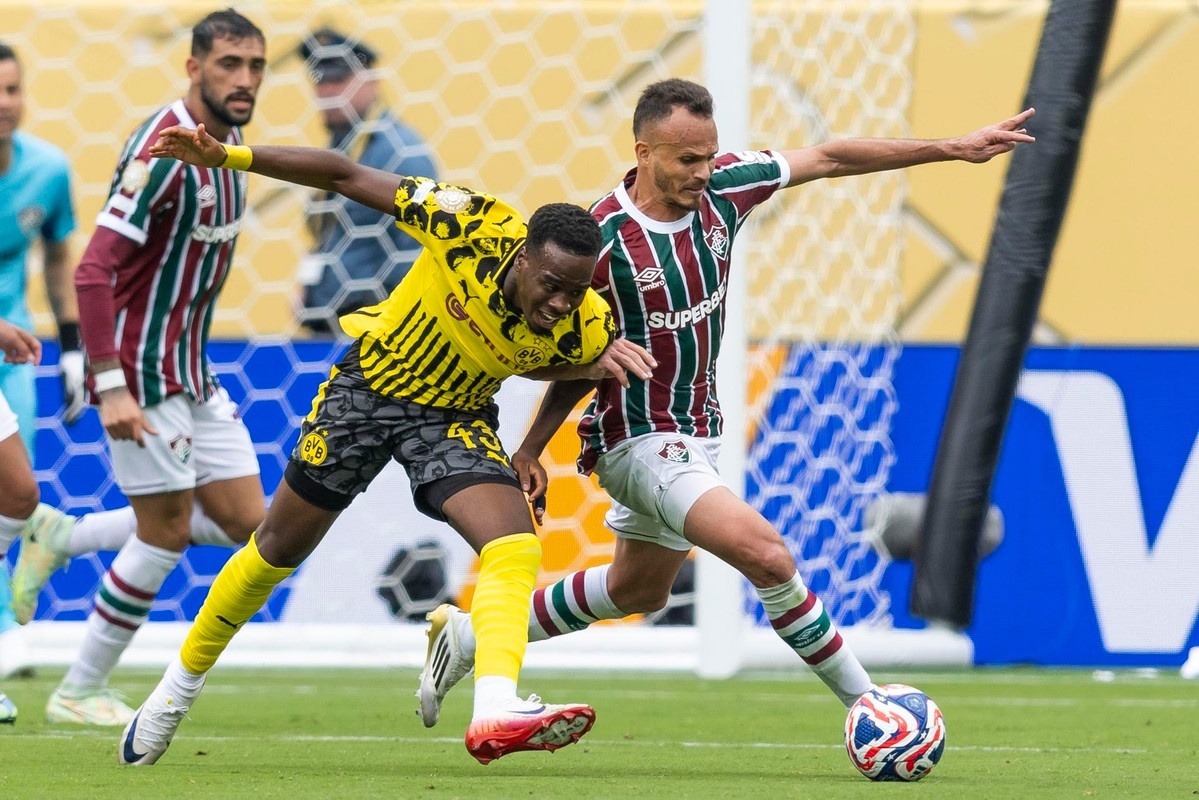No goals, but generations collide in Club World Cup stalemate


Despite the gulf in age and experience, the two sides ended level at 0-0, a result that reflected not only the scoreboard but also a curious balance between contrasting philosophies - youth versus veteran know-how.
Fluminense surprised many with their performance at MetLife Stadium, arguably deserving more against a flat Dortmund side whose standout player was goalkeeper Gregor Kobel — a telling sign for the Germans.
Age-wise, no other group stage fixture came close to matching the disparity of this one. Fluminense brought with them one of the oldest squads in the tournament, while Dortmund fielded one of the youngest.
The Brazilian starting XI included 44-year-old goalkeeper Fabio and 40-year-old centre-back Thiago Silva — the two oldest players in the entire competition.
Alongside them were other seasoned figures such as Samuel Xavier (35), Rene (32), and Everaldo (33), with 37-year-old German Cano also coming off the bench.
In contrast, Dortmund started with only three players over 30 (Sabitzer, Bensebaini and Gross), while giving game time to no fewer than five players aged 23 or younger — including Adeyemi, Svensson, Chukwuemeka, Bynoe-Gittens and Jobe Bellingham.
It was a near-generational clash — the raw, high-tempo energy of youth against the poise and positioning of experience. And yet, on the pitch, neither side could break the deadlock.

Squad age breakdown – Fluminense:
Players born in the 1980s: 6
Players born in the 1990s: 15
Players born in the 2000s: 11
Squad age breakdown – Borussia Dortmund:
Players born in the 1980s: 0
Players born in the 1990s: 10
Players born in the 2000s: 20


